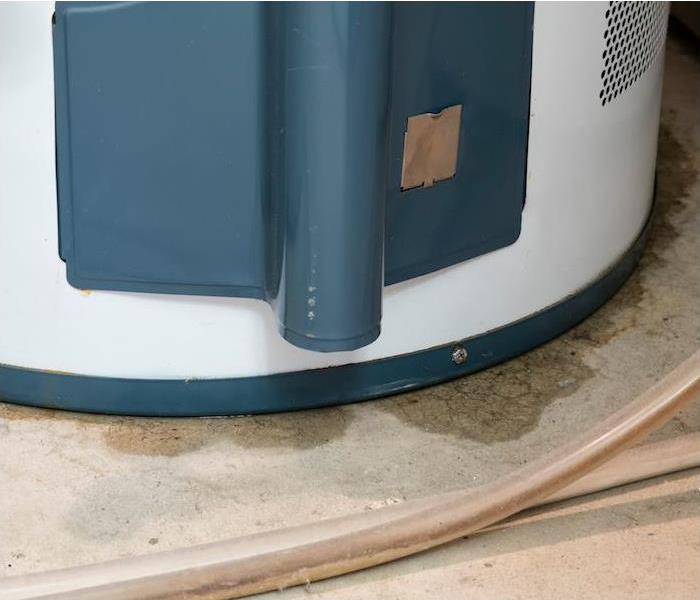What to Know About Appliances and Water Damage | SERVPRO® of Billings
7/18/2023 (Permalink)
 Have water damage in your home from an appliance or another source? Our team is here to help, so call us day or night.
Have water damage in your home from an appliance or another source? Our team is here to help, so call us day or night.
A cold cup of water fresh from the filter in the fridge, the clunk of new ice cubes in the ice maker, clean dishes warm from the dishwasher, the smell of fresh laundry out of the washing machine…we benefit from appliances in our homes that use water all day long. While these appliances make life convenient, they can also leave your home at risk for water damage.
Water damage problems originate in so many different ways, but when it comes to appliances with a water component, it can be particularly challenging to catch an issue before it causes extreme damage.
The good news is that by learning what to look for and adding a few simple steps to your regular routine, you can protect your home and enjoy your appliances worry-free.
Regular Maintenance
One of the best ways to prevent water damage is to check for it often. This can be as simple as using your hand to check for moisture around your appliances.
Leaks can hide underneath your refrigerator or dishwasher, so keep an eye out for unexplained water drops or soft spots in the floor. Pull bigger appliances out away from the wall once a year to clean underneath them. Look for mold while you have them pulled out as another indicator of a leak.
While your HVAC system requires some special care of its own, it is still an appliance that could produce hidden water damage in your home. Along with having it serviced once a year to ensure it is working properly, regularly look for moisture on your vents or puddles near your unit. These are both indications of a problem that could lead to not only water damage, but mold growth and damage as well.
Don’t forget about your water heater—this large appliance is a common source of water issues. Treat it the same way as the rest of your appliances by checking it regularly for signs of leaks.
Yearly or Long-Term Maintenance
Keeping a close eye on your appliances weekly or even monthly can go a long way toward preventing extensive damage, but you should also have your appliances maintained according to the schedule recommended by the manufacturer. This may mean bringing in a professional, but there are also several things you can do on your own.
Check hoses and other tubing on your fridge, washing machine and dishwasher for holes, kinks and signs of wear and tear. Every appliance has a different lifespan, and deteriorated parts should be replaced in order to avoid issues.
Always choose high-quality parts, and replace appliances every 10 to 15 years in order to have the safest products in your home.
While an appliance leak can seem small, it can cause a lot of damage if it isn’t corrected quickly. Keep your home safe and enjoy life’s little luxuries by staying on top of potential problems and avoid costly repairs.




 24/7 Emergency Service
24/7 Emergency Service